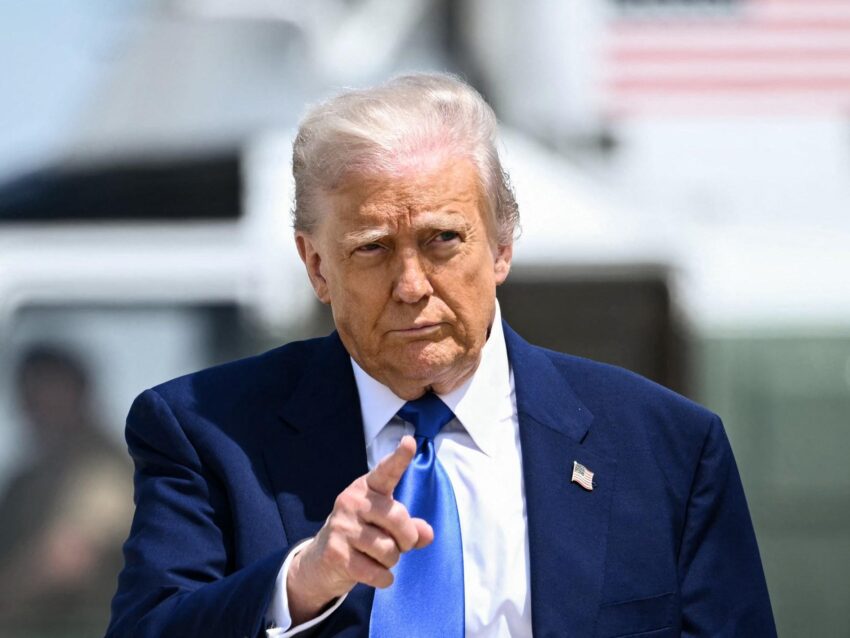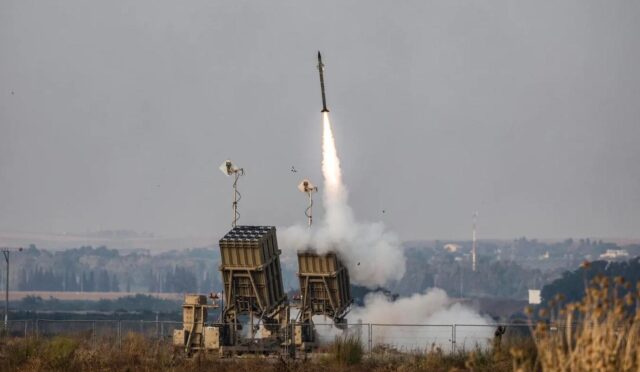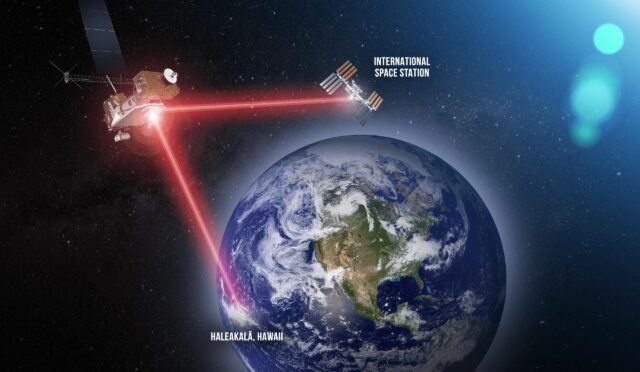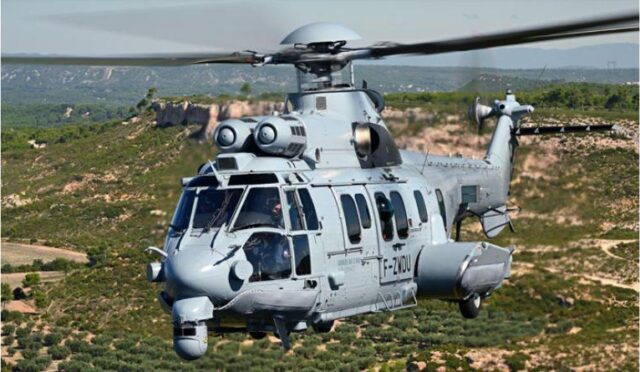Russia-Ukraine Peace Talks Begin in Istanbul
On Thursday, a Russian delegation arrived in Istanbul for the first direct peace negotiations with Ukraine in over three years. This development marks a significant moment in the ongoing conflict, highlighted by the absence of President Vladimir Putin from the negotiating team. The Kremlin released the list of delegates late Wednesday, which did not include Putin, despite appeals from global leaders for his presence as a show of commitment to the peace process.
Instead of sending high-ranking officials, Putin appointed a lower-level team led by Vladimir Medinsky, a hardliner who previously oversaw failed peace discussions early in the invasion last March. The absence of other notable figures, such as Foreign Minister Sergei Lavrov, casts doubt on the potential for meaningful breakthroughs in talks that come against the backdrop of a brutal conflict, which has claimed tens of thousands of lives and resulted in Russia asserting control over approximately one-fifth of Ukraine’s territory.
Zelensky’s Strategy and Meeting with Erdogan
Ukrainian President Volodymyr Zelensky is scheduled to meet with Turkish President Recep Tayyip Erdogan in Ankara later on Thursday. A Ukrainian official stated that the outcome of this meeting would significantly influence Zelensky’s approach to the negotiations in Istanbul. Russian reports had initially suggested that talks would commence at 10:00 am, but Zelensky’s spokesperson dismissed these claims as ‘Russian fake news’, reflecting the tense atmosphere surrounding the discussions.
Attendees at Dolmabahce Palace, where the peace talks are rumored to take place, noted a significant media presence outside the venue. U.S. President Donald Trump, who has been vocal about the need for a swift resolution to the conflict, even hinted at possibly attending the talks to encourage Putin’s participation—an indication of the international interest in these negotiations.
Contrasting Positions and Expectations
Despite high hopes for diplomatic progress, the positions of Moscow and Kyiv appear starkly misaligned. Zelensky had previously insisted that negotiations should occur directly with Putin, emphasizing that the conflict is fundamentally his responsibility. Nevertheless, the recent diplomatic efforts have revealed a distinct lack of willingness from both sides to make the necessary concessions to bridge their differences.
The delegation led by Medinsky suggests that Russia may not be prepared to offer any meaningful compromises during the talks. In 2022, under his leadership, negotiations failed as Russia demanded extensive territorial claims and military limitations on Ukraine—a strategy that has not changed, according to observers. The current roster of negotiators also includes officials from Russia’s foreign and defense ministries, signaling a continuation of hardline stances.
Russia’s Demands and Ukraine’s Response
The Kremlin has stated that the talks will address the so-called ‘root causes’ of the conflict, including terms like ‘denazification’ and demilitarization of Ukraine, which have been widely rejected by Kyiv and the West. Additionally, Russia continues to assert that Ukraine must concede territories under Russian control and withdraw from regions still claimed by Ukraine, complicating the negotiation landscape.
In contrast, Ukraine advocates for a 30-day ceasefire but firmly maintains that it will not recognize any territories as Russian, indicating a strong resistance to Moscow’s demands. President Zelensky has acknowledged that returning these territories may only be possible through a diplomatic resolution, underscoring the challenging road ahead for both sides.
International Reactions and Future Prospects
NATO Secretary-General Mark Rutte expressed ‘cautious optimism’ regarding the potential for peace, yet he emphasized that Russia must also demonstrate willingness to collaborate. He noted that both sides must be ready to take steps forward to pave the way for breakthroughs in the following weeks. Rutte’s comments reflect a broader sentiment among European leaders, who have warned that any failure to achieve progress in Istanbul could result in swift new sanctions against Russia.
The atmosphere surrounding these talks remains tense, with high stakes for both parties involved. The outcome in Istanbul could either mark a turning point in the ongoing conflict or reinforce the status quo, leading to a continued stalemate that has gripped the region since the onset of the war.







